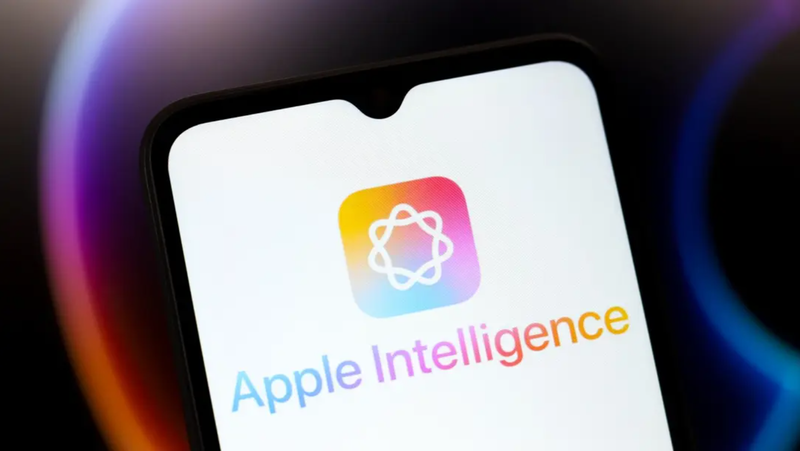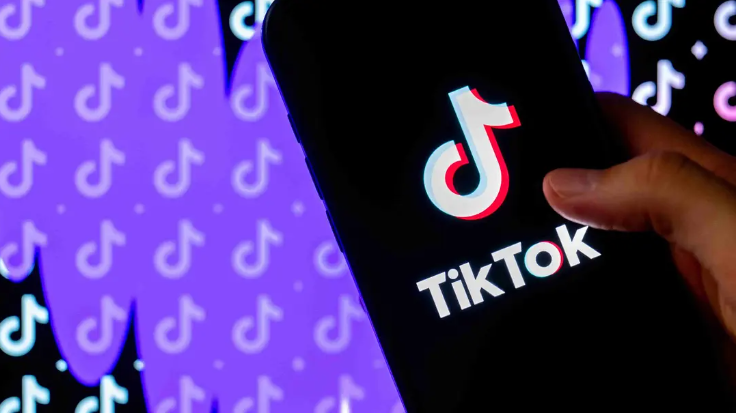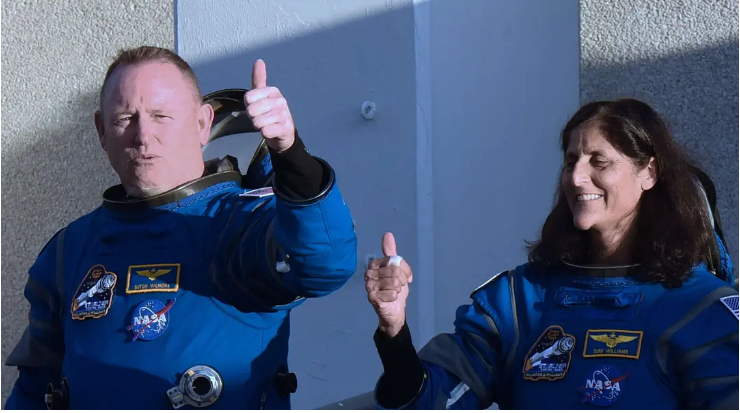Judge Dismisses Suit Against OpenAI
A federal judge Thursday dismissed a suit from two news organizations — Raw Story and AlterNet — against artificial intelligence company OpenAI, ruling the outlets were unable to show injury....
0:00
/1861
Facts
- A federal judge Thursday dismissed a suit from two news organizations — Raw Story and AlterNet — against artificial intelligence company OpenAI, ruling the outlets were unable to show injury.[1]
- The outlets in February sued OpenAI, claiming it fed their articles into ChatGPT after removing copyright management information from the content in order to train its large language models.[1]
- In the suit, the outlets didn't accuse OpenAI of infringing on their copyright but instead alleged the AI company violated the 1998 Digital Millennium Copyright Act (DMCA) by purposely removing authors' names and other terms of use from the content.[2]
- Despite the outlets' claims to the contrary, the judge characterized the chances that ChatGPT would 'output plagiarized content' from the articles as 'remote.'[3]
- The judge said the plaintiffs could replead if they provided an explanation of why an amendment would change the case. The plaintiffs' lawyer said they intend to file an amended complaint.[3][2]
- This decision comes as OpenAI and other tech companies are facing numerous lawsuits from content producers — including authors and music publishers — over using copyrighted content for AI training. Most of these accused the companies of violating copyrights.[4]
Sources: [1]The Hill, [2]Bloomberglaw, [3]Engadget and [4]Reuters.com.
Narratives
- Narrative A, as provided by Natlawreview. This is a major legal victory for OpenAI and all companies training their large language models. It's also a warning against those who want to sue these companies, as the judge has made it clear plaintiffs better be able to show they've been injured and aren't just trying to get compensation for something that's not taking place. Moving forward, suing for violations of specific provisions of the DMCA may be unavailable to content creators.
- Narrative B, as provided by Gizmodo. OpenAI and its competitors aren't out of the woods yet. Even if suing for a violation of the DMCA may be a challenging path, there's still plenty of blatant copyright violation going on with these companies and several content creators — including large outlets like The New York Times. Eventually, these companies will have to compensate those whose work they're using to train their models while accumulating large sums of revenue.







